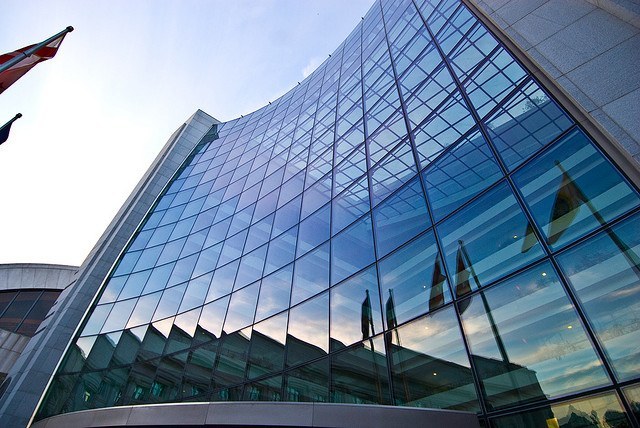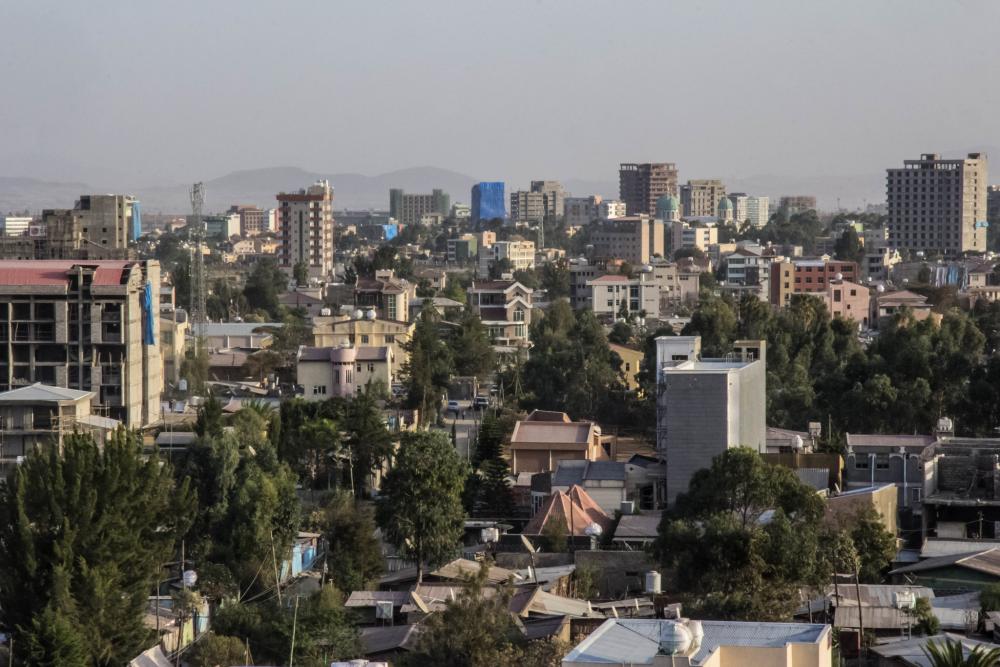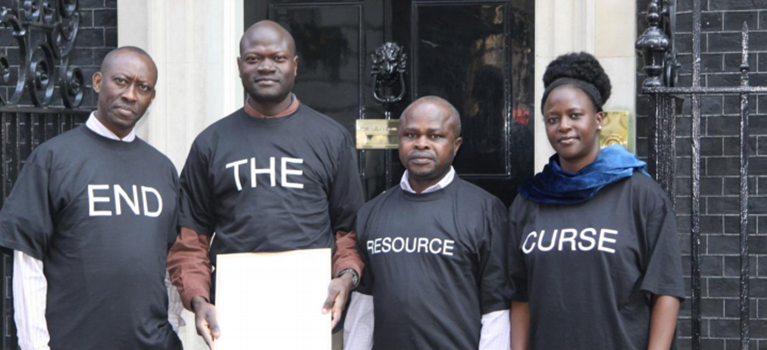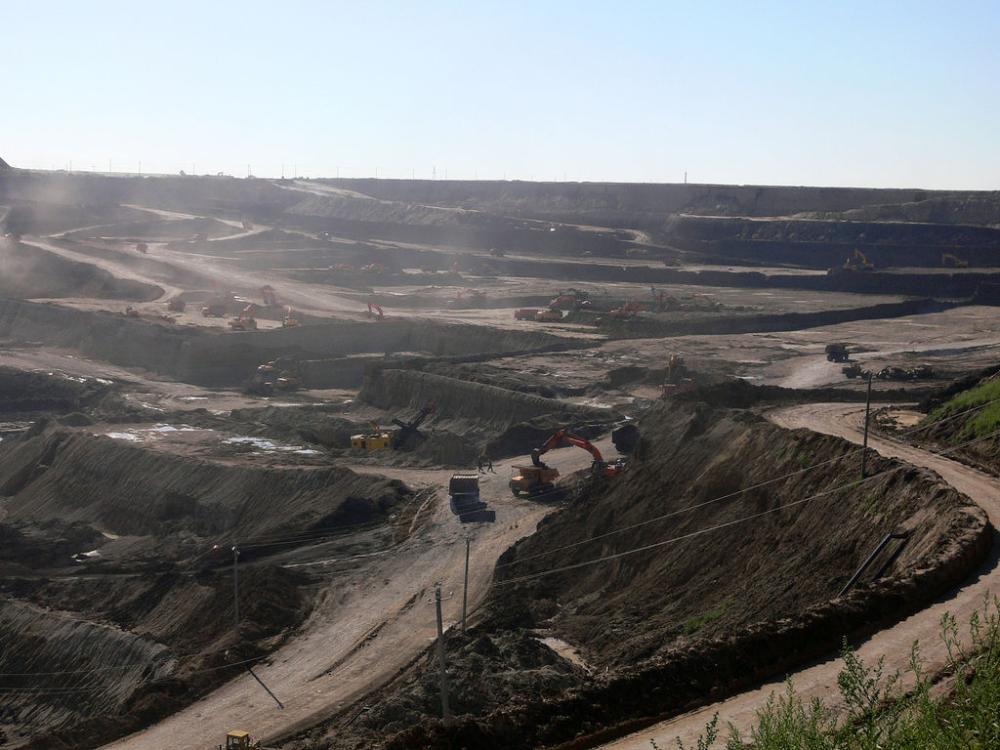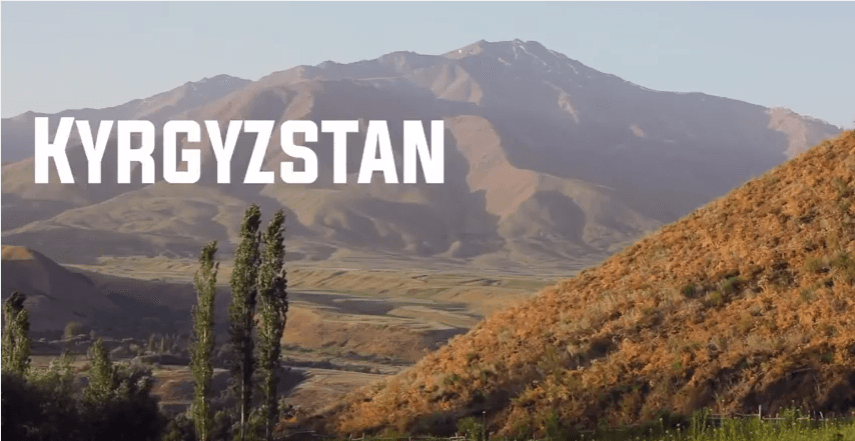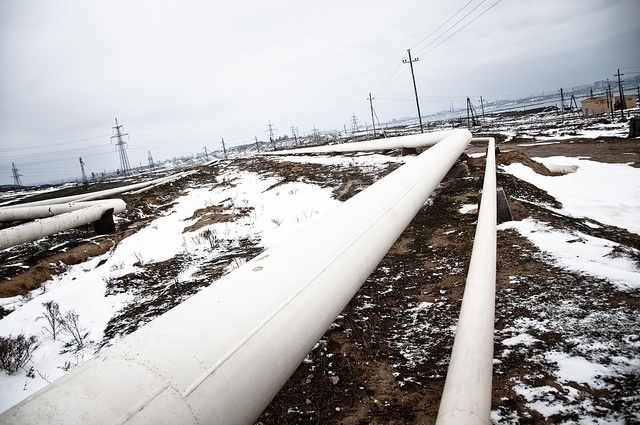News and resources
Explore our publications on a wide range of topics, to find the powerful facts, stories and approaches that underpin our work to make the extractive industry more open, accountable and participatory.
About time! SEC to speed up draft rule for Dodd-Frank 1504
The Securities and Exchange Commission (SEC) told to speed up draft rule for landmark 2010 US transparency law for oil, gas and minerals In June 2010, President Obama signed into law Dodd-Frank 1504, which obliges all US-listed extractive companies to publish their payments to the governments where they operate. Section 1504, if properly implemented, will […]
The foundation is shaking beneath Big Oil’s House of Cards
No competitive disadvantage from payment disclosure, says leading natural resource economist Transparency advocates are fighting to prevent Big Oil from weakening Section 1504 of Dodd-Frank, the landmark oil, gas, and mining payment transparency provision. Section 1504, if properly implemented, will enable citizens to monitor the revenue their governments receive from extractives companies, and help citizens […]
Investing in development – what’s next?
Two weeks ago, leaders and decision-makers gathered in Addis for the 3rd Financing for Development Summit (FFD3) to commit to strengthening and exploring innovative ways to finance development. Whilst there were quite some progress, the outcome of the meeting also presented some serious let downs. PWYP decided to share the hopes and expectations of the […]
Achieving Extractive Transparency in the European Union
The European Union’s (EU) 2013 amendments of its Accounting Directive and Transparency Directive to require oil, gas, mining and forestry companies to report their payments to governments on a country-by-country and project-by-project basis were achieved after more than ten years of international advocacy and campaigning by the global Publish What You Pay (PWYP) coalition. Compared […]
Who is paying the price? The impact of low commodity prices on citizens in Mongolia
The Mongolian government has asked its citizens to “tighten their belts” amidst a looming economic crisis after registering a sharp drop in state revenues. With almost 90 percent of the Mongolian exports being mineral products, such as copper and coal, the ongoing fall in commodity prices on international markets has dealt a severe blow to […]
From Kyrgyzstan with love – a documentary on communities and mining
“I love my country, Kyrgyzstan. I love the scenery, I love the people of Kyrgyzstan and I want to see my country flourish so that the people find satisfaction in their lives, so that they benefit from our natural resources and so that our country remains as beautiful as ever.” So says Kalia Moldogazieva as […]
PWYP urges EBRD to reject Russia-Azerbaijan loan
Update on 23 July 2015 We have come to learn that unfortunately the loan was approved by the EBRD during their meeting yesterday. The European Bank for Reconstruction and Development (EBRD) Board of Directors is meeting on 22 July to decide whether to arrange a loan of up to US$500,000,000 to Russia’s Lukoil for the […]
Report of the civil society nominations committee on the selection of civil society representatives to the EITI Board
The Publish What You Pay (PWYP) Global Steering Committee, upon the recommendation of the PWYP Secretariat, formulated the criteria for the selection of the civil society representatives to the EITI Board. The Global Steering Committee also formed the civil society Nominations Committee composed of Ms. Cielo Magno (Bantay Kita and a member of the PWYP […]
PWYP UK urges UK Treasury to require open data reporting by all London Stock Exchange-listed extractive companies
July 2015 – With the UK Treasury still appearing reluctant to prescribe open data payment reporting for non-UK-incorporated London-listed extractive companies, PWYP UK members have written to the Financial Secretary to the Treasury, David Gauke MP, highlighting this inconsistency with the UK’s Open Government Partnership and 2013 G8 commitments on open and machine-readable data and […]
Financing for development and the extractives
We should no longer rely on aid to guarantee sustainable development. Instead we need to seriously look at tax revenues to contribute to a country’s own sustainable development. But some countries won’t raise sustainable development funds with current agreements and power asymmetries. For instance, countries in Africa are losing more in tax dodging and illicit […]
A year long violation of its constitution, it’s time to publish details of Areva deal with Niger
Last year, on 26 May 2014, the Nigerien government and Areva signed an agreement to renew their partnership on the extraction of uranium. Negotiations had lasted over six months, as Areva were keen to be exempt from certain provisions in the 2006 Mining Code. During that time, Nigerien civil society, parliamentarians, media as well as […]
Stop the Bleeding: ActionAid suggests Malawi lost USD 43 million potential revenue from largest mining project
Malawi could have paid for 431,000 HIV/AIDS treatments or the annual salaries of 17,000 nurses, 8,500 doctors or 39,000 teachers if the USD 43 million of potential revenue had not been lost from its largest mining project. This is according to the recently launched ActionAid International study An Extractive Affair: How one Australian mining company’s […]







